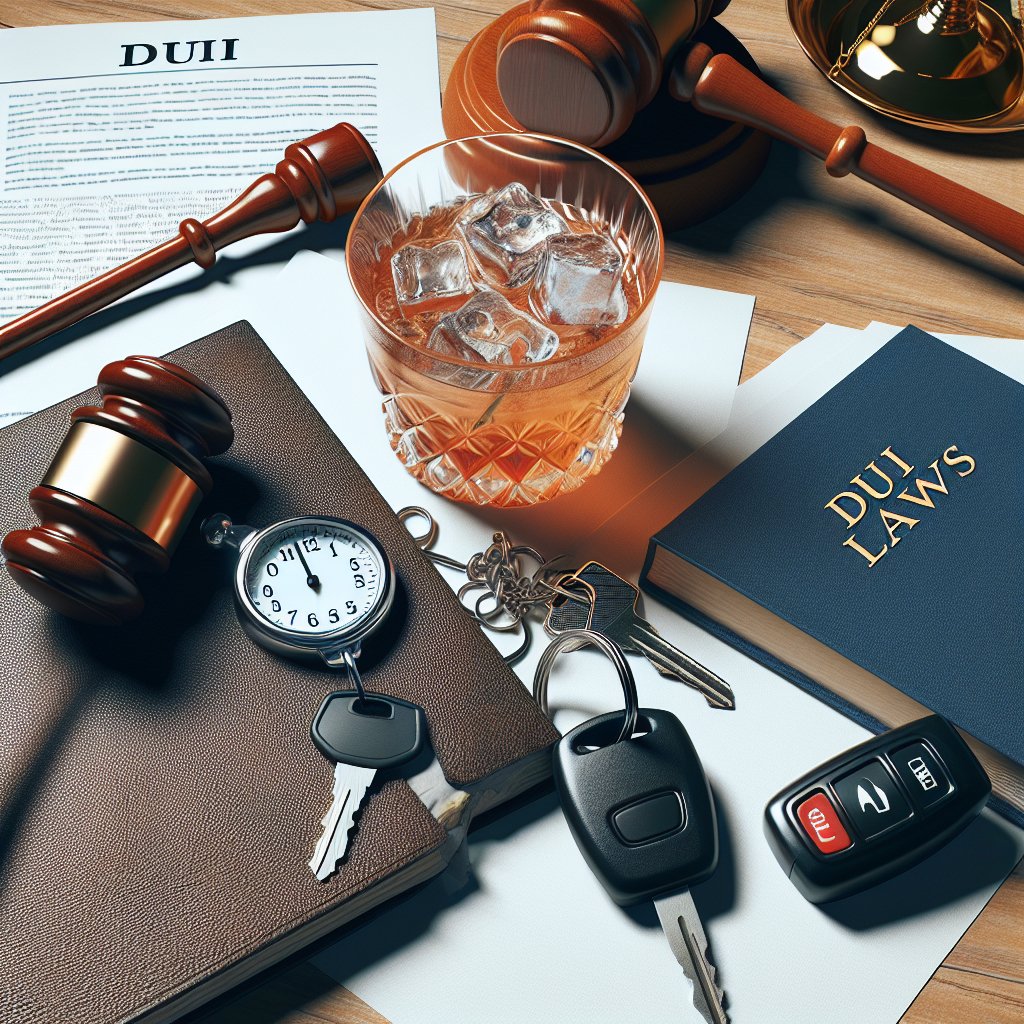Driving under the influence (DUI) is a serious offense that carries significant legal consequences. Understanding DUI laws is crucial for every driver to ensure they remain compliant and avoid the severe penalties associated with this crime. This article delves into the intricacies of DUI laws, providing essential information that every driver should be aware of.
Understanding DUI Laws
DUI laws are designed to prevent individuals from operating vehicles while impaired by alcohol or drugs. These laws vary significantly from one jurisdiction to another, but they all share a common goal: to enhance road safety by deterring impaired driving. In most regions, a driver is considered legally impaired if their blood alcohol concentration (BAC) exceeds a certain limit, typically 0.08% for drivers over the age of 21. However, for commercial drivers and those under the legal drinking age, the permissible BAC levels are often lower.
It’s important to note that DUI laws don’t only apply to alcohol impairment. Many jurisdictions also have strict regulations regarding drug-impaired driving, including both illegal substances and prescription medications that can affect a person’s ability to drive safely. The penalties for drug-related DUIs can be as severe as those for alcohol-related offenses, emphasizing the importance of understanding how different substances can impact driving abilities.
Legal Consequences of a DUI
The legal consequences of a DUI conviction can be severe and long-lasting. They often include fines, license suspension, and even imprisonment, depending on the severity of the offense and whether it is a repeat violation. In addition to these penalties, individuals convicted of a DUI may be required to attend alcohol education programs, perform community service, or install an ignition interlock device in their vehicle.
Moreover, a DUI conviction can have significant personal and professional repercussions. It can lead to increased insurance premiums, difficulties in securing employment, and a permanent criminal record. These consequences highlight the importance of understanding and adhering to DUI laws to avoid the far-reaching impacts of a conviction.
Preventive Measures and Legal Assistance
Preventing a DUI starts with making responsible choices. Drivers should always plan ahead if they intend to consume alcohol, arranging for a designated driver or using public transportation or ride-sharing services. It’s also crucial to be aware of how different substances, including prescription medications, can affect one’s ability to drive safely.
For those who find themselves facing DUI charges, seeking legal assistance from a qualified criminal lawyer is essential. A skilled attorney can provide valuable guidance, helping individuals navigate the complex legal system and work towards the best possible outcome. They can challenge the evidence presented, negotiate plea deals, and ensure that the defendant’s rights are protected throughout the legal process.
The Role of Criminal Lawyers in DUI Cases
Criminal lawyers play a vital role in defending individuals charged with DUI offenses. They possess a deep understanding of the legal system and DUI laws, enabling them to build strong defenses for their clients. A criminal lawyer will thoroughly investigate the circumstances surrounding the arrest, examining factors such as the accuracy of breathalyzer tests, the legality of the traffic stop, and the conduct of law enforcement officers.
In many cases, a criminal lawyer can identify weaknesses in the prosecution’s case, potentially leading to reduced charges or even a dismissal. They can also negotiate with prosecutors to secure plea agreements that minimize the penalties for their clients. For individuals facing DUI charges, having an experienced criminal lawyer by their side can make a significant difference in the outcome of their case.
In conclusion, understanding DUI laws is essential for every driver to avoid the severe legal and personal consequences of a conviction. By making informed decisions and seeking legal assistance when necessary, individuals can protect themselves and others on the road. Criminal lawyers play a crucial role in this process, providing the expertise and support needed to navigate the complexities of DUI cases.




